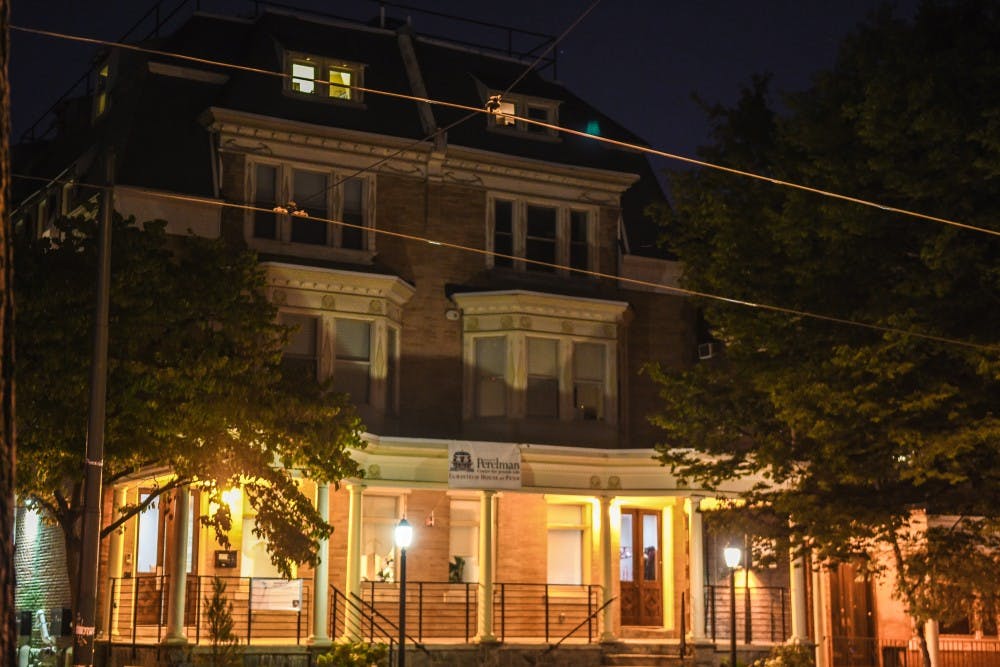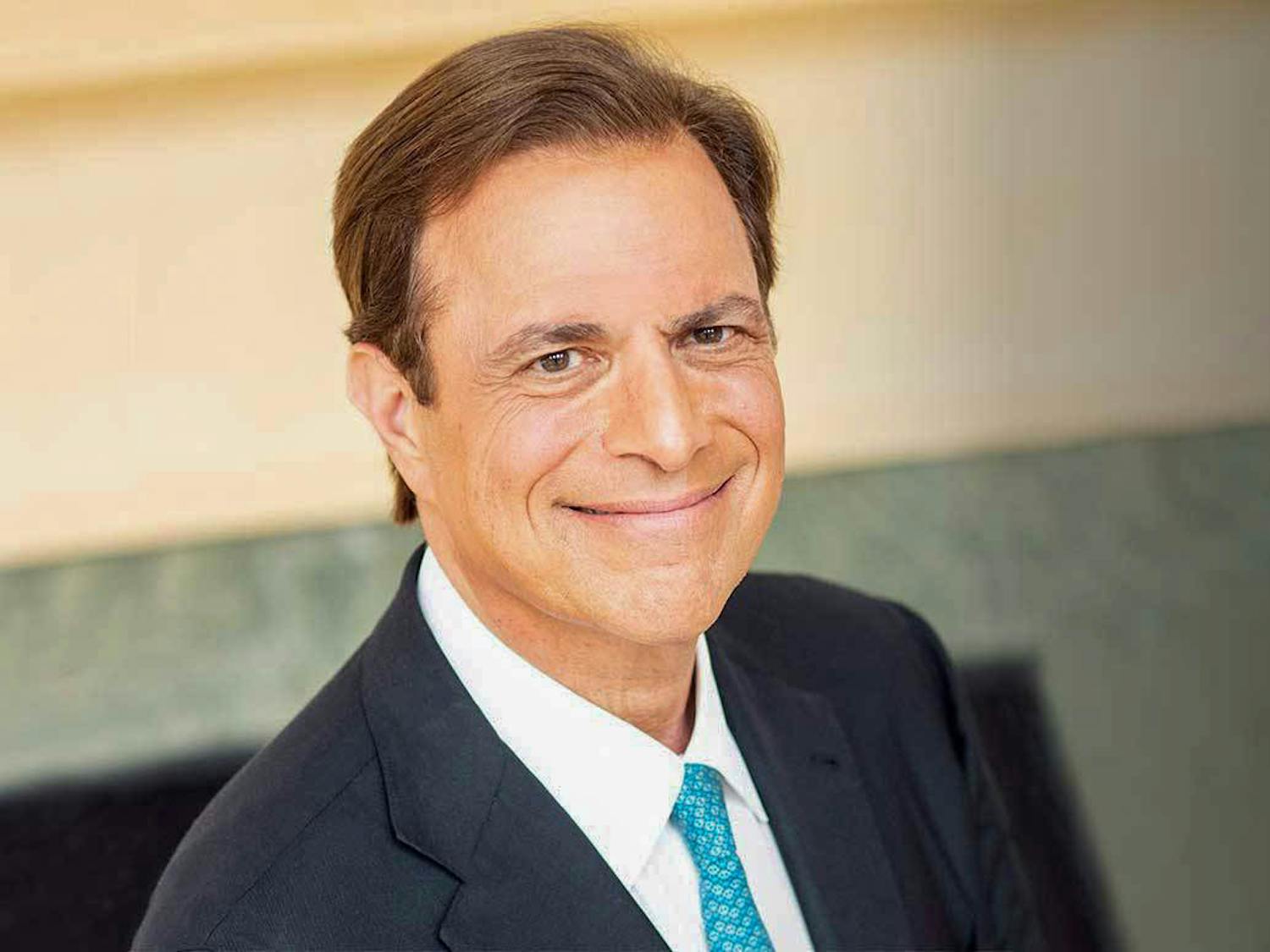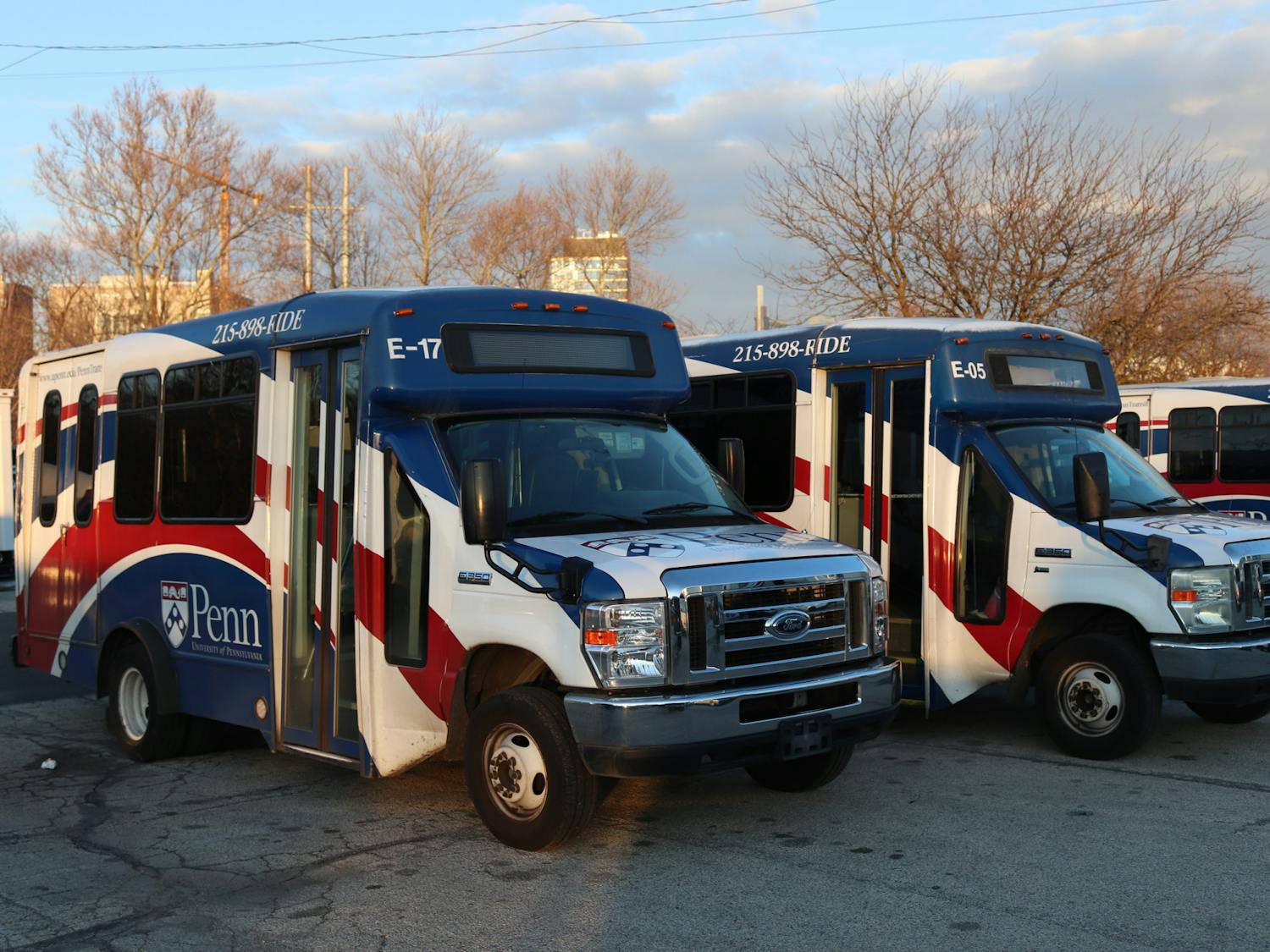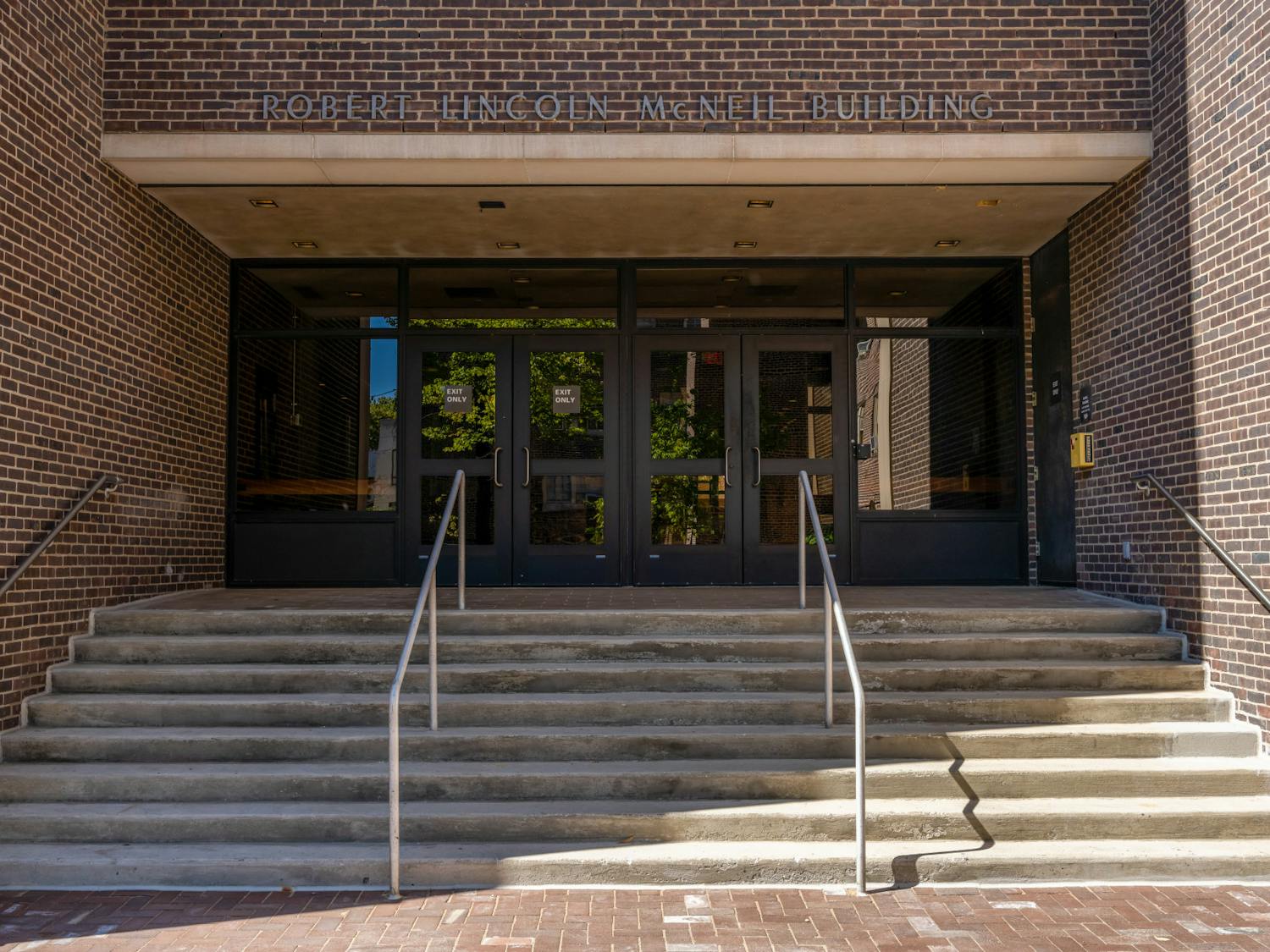Chabad Lubavitch House at Penn hosted a discussion about vaccinations and religion at its weekly Shabbat dinner on Sept. 20.
About three dozen Penn undergraduate and graduate students attended the event. During the dinner, guest speaker Rabbi Shlomo Minkowitz, an assistant professor of radiology at Weill Cornell Medicine, gave a lecture on the safety debate around vaccinations and its relation to Jewish law.
In his remarks, Minkowitz said while vaccines are "not 100% safe," they are less risky than the disease the vaccine acts against. He said Jewish law does not obligate followers to vaccinate due to the relatively low risk of contracting a disease and the slight risk involved in vaccination. However, he added that followers may vaccinate and are encouraged to do so for the good of society.
He added that he believes there is a biblical obligation to guard one’s health. The obligation traditionally means passively avoiding harm but can also mean taking proactive measures, such as fleeing a city which is about to be exposed to an epidemic.
Penn Campus Rabbi Levi Haskelevich said this week's discussion was inspired by a Penn student who recently asked him why Orthodox Jews do not vaccinate their children. He added that a recent measles outbreak in New York City has drawn media attention to low vaccination rates among Orthodox Jews.
Both Minkowitz in his speech and Haskelevich in the interview said the narrative of Orthodox Jews being anti-vaccination in New York is misleading since the majority of the community is vaccinated.
Closer to campus, the Jewish community at Penn has not voiced any concerns related to vaccinations, Haskelevich said.
Penn grants students exemptions from University vaccination rules if a vaccine threatens their health or if they object on religious or philosophical grounds. However, the "online student health history" and "tuberculosis risk screening form" must still be submitted.
College junior Alan Garcia, who attended the Chabad House Shabbat dinner for the first time, said he attended the dinner because he found the intersection between religion and medicine interesting as a pre-med student. He added that this is his first time at the dinner and the discussions prompted him to consider attending more themed Shabbat dinners in the future.
Second-year medical student Hannah Connor said the event didn't change her opinions about vaccinations because she is firmly pro-vaccination. However, she said she thought Minkowitz successfully pointed out how even though media reports pointed to cases of Orthodox Jews who did not believe in vaccination, the majority of Jewish people do vaccinate.
"He did a great job explaining the stigma that a lot of religious Jews face about not vaccinating isn't really [based in truth]," she said.
The Chabad House hosts weekly free Shabbat dinners that are open to all, regardless of religion. Haskelevich said most dinners are casual gatherings while some are themed like this week’s. In February, the Chabad House hosted a dinner in support of mental health and disability inclusion.









